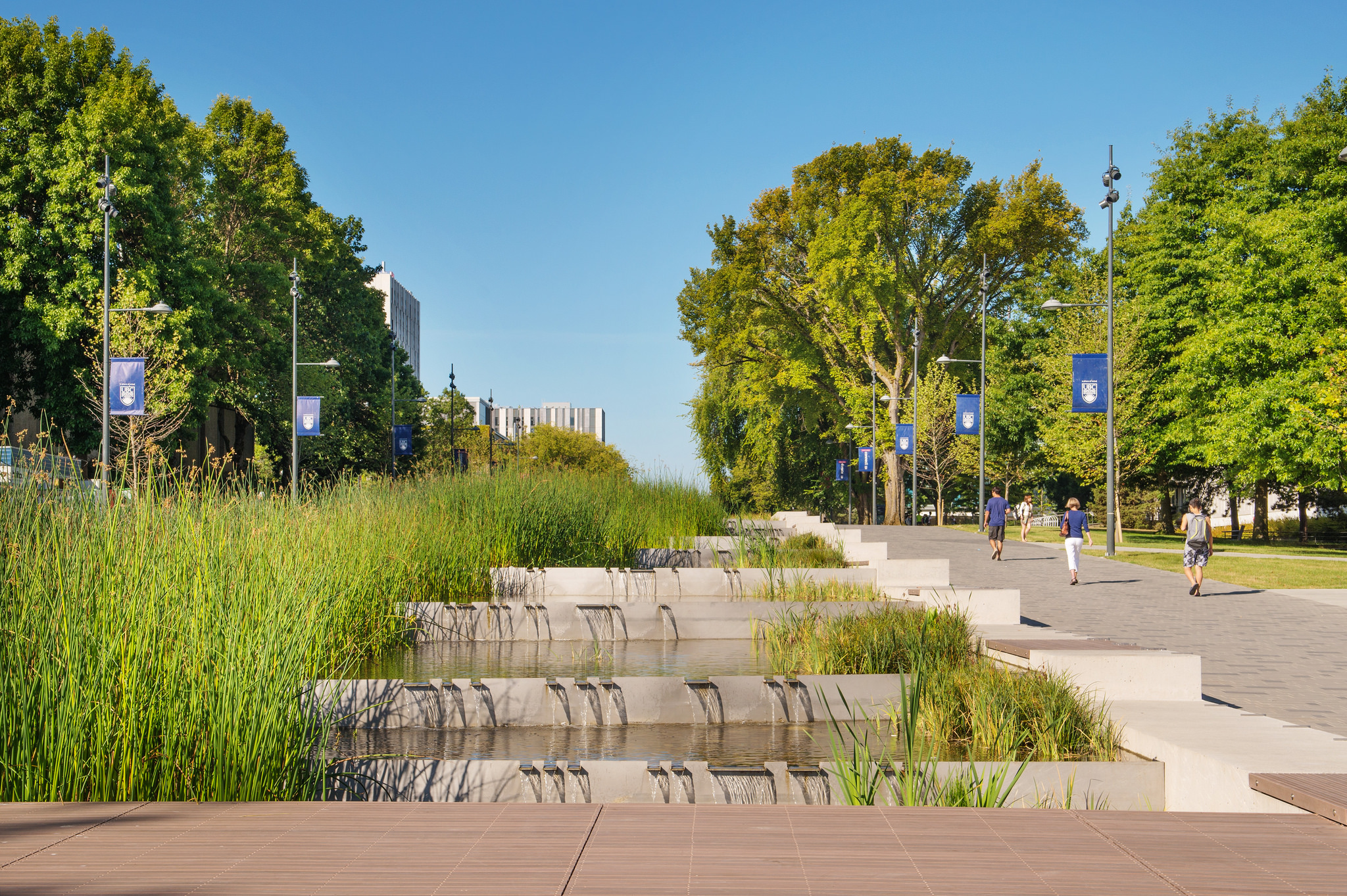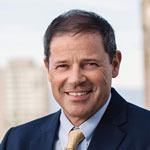Free speech on campus
When the University of British Columbia rents out a venue for appearances by external speakers that some members of the community believe express controversial or inflammatory views, some students, faculty and staff in the UBC community are left scratching their heads and asking why.

When the University of British Columbia rents out a venue for appearances by external speakers that some members of the community believe express controversial or inflammatory views, some students, faculty and staff in the UBC community are left scratching their heads and asking why.
Why doesn’t UBC just ban them, cancel the talks and take a principled stand against the views they espouse?
“I’ve heard those concerns clearly during my time at UBC,” said Provost Andrew Szeri.

“I want to be clear, UBC does not endorse the views of controversial speakers or the organizations that book them or any other speakers who are invited to its campuses. The fundamental issue here is what the university stands for. I believe, and the Vancouver Senate statement on Academic Freedom clearly articulates, that UBC must be an open and inclusive forum, where members of the University have the freedom ‘to engage in full and unrestricted consideration of any opinion’. Selectively shutting down conversations on complex and challenging topics undermines that crucial foundation that enables challenge of the status quo. Ultimately, silenced opinions are not subject to ‘full and unrestricted consideration’.”
Over hundreds of years universities have played a central role in providing a forum where ideas can be expressed, debated and challenged and where participants can gain insight and greater mutual understanding. Through this role they have contributed to a better understanding of the world and have assisted communities better understand each other.
The Vancouver Senate statement on Academic Freedom states: “The members of the University enjoy certain rights and privileges essential to the fulfilment of its primary functions: instruction and the pursuit of knowledge. Central among these rights is the freedom, within the law, to pursue what seems to them as fruitful avenues of inquiry, to teach and to learn unhindered by external or non-academic constraints, and to engage in full and unrestricted consideration of any opinion. This freedom extends not only to the regular members of the University, but to all who are invited to participate in its forum. Suppression of this freedom, whether by institutions of the state, the officers of the University, or the actions of private individuals, would prevent the University from carrying out its primary functions. All members of the University must recognize this fundamental principle and must share responsibility for supporting, safeguarding and preserving this central freedom. Behaviour that obstructs free and full discussion, not only of ideas that are safe and accepted, but of those which may be unpopular or even abhorrent, vitally threatens the integrity of the University’s forum. Such behaviour cannot be tolerated.”
UBC’s commitment to free speech includes student groups and other organizations renting UBC venues such as the Chan Centre for invited guest speakers. The Chan Centre is a premier and highly sought-after public facility where these organizations can rent space for events, provided organizers pay for rental and related costs, including security.
With respect to concerns regarding the safety of students, staff, faculty, and members of the public, UBC Campus Security advises the administration on best practices to follow regarding events on campus.



